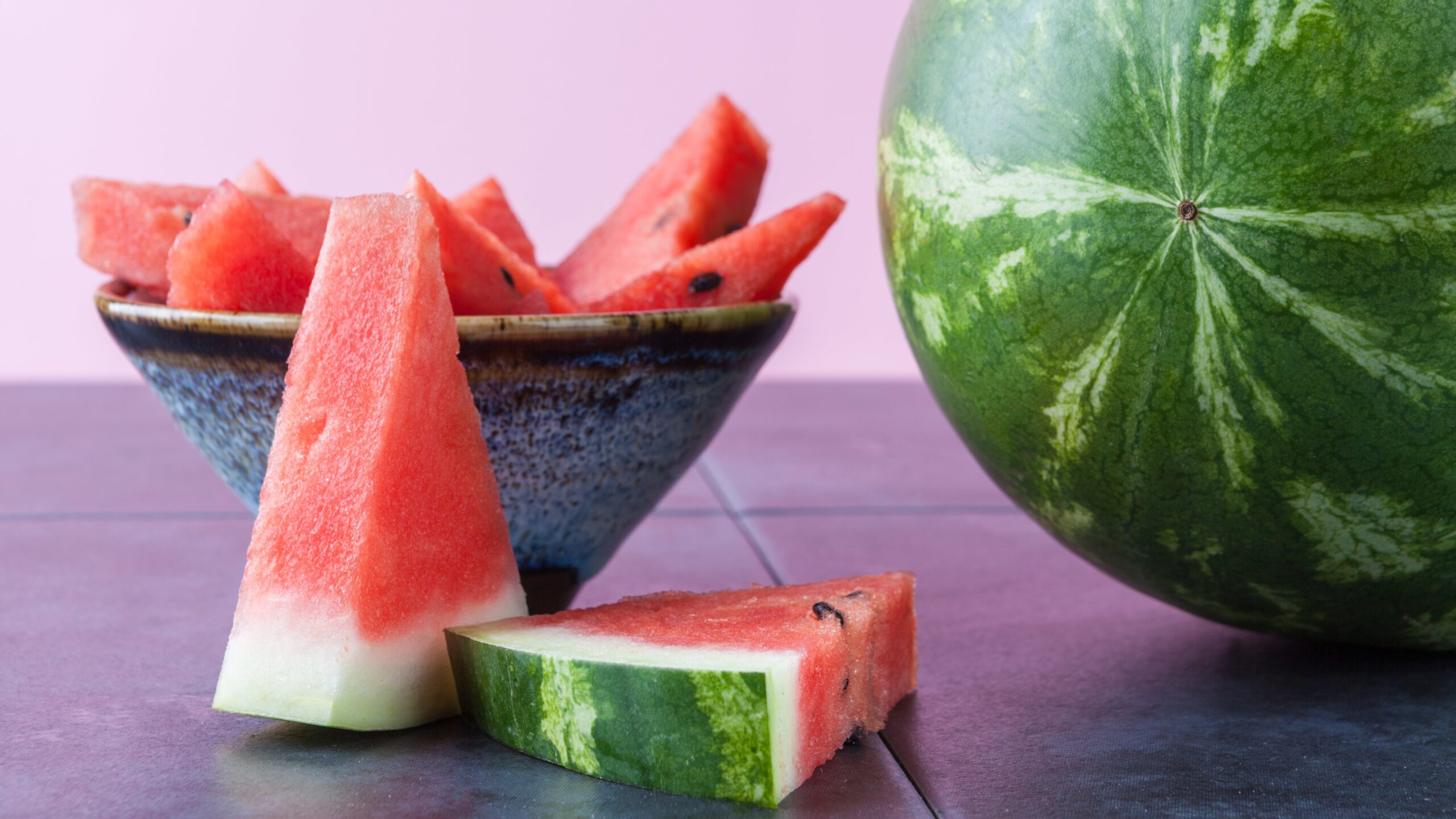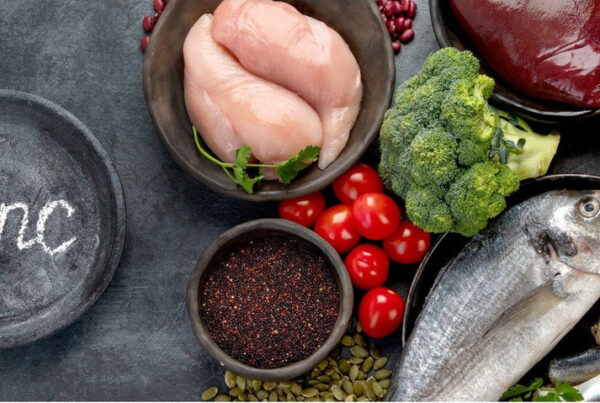The scorching summer is finally here or we can say the season of Watermelon. Watermelon is a juicy seasonal favourite that is full of nutrients, despite the stereotype that it’s only a special treat to enjoy after a day in the sun. Although there are several ways to eat this delicious fruit, juicing it has been popular recently. However, is this a healthy trend or is it simply another sugar-filled health gimmick? This is important to know.
Cucurbitaceae is the family that includes watermelon, pumpkin, squash, and cucumber. Archaeological evidence for these lovely pink fruits dates back over 5,000 years to Africa, and they have long been a popular fruit choice worldwide. The nutritious benefits of watermelon should not be disregarded, despite its wonderful flavour. These are a few of the most notable nutrients that this vibrant fruit has to provide.
Health Benefits Of Watermelon
- Given that it contains over 90% water, watermelon is an abundant supply of water, whether you can tell by its name or the fluids that drip down your chin. Since water makes up the majority of the body, maintaining appropriate hydration is crucial for the health of all organ systems, particularly the kidneys. Water supports regular digestion, balanced blood pressure, and effective detoxification processes.
- A good source of fibre is watermelon, particularly if you consume the seeds. Furthermore, even though they might not taste as good as the fruit itself, the benefits of fibre include better blood sugar regulation, lowered cholesterol, and a healthy digestive system.
- There is a lot of vitamin C in these melons. This vital vitamin is well-known for strengthening the immune system, promoting healthy skin, supporting the growth and development of all bodily tissues, and facilitating the absorption of iron.
- Watermelon also contains a significant amount of vitamin A. This mineral is an antioxidant that lowers inflammation and strengthens the immune system, much like vitamin C. The health of the skin and eyes is also enhanced by it.
- In terms of minerals, watermelon has a little quantity of potassium, which is a vital electrolyte that aids in blood pressure regulation and fluid balance.
- Consuming this luscious fruit provides you with a supply of magnesium, which supports good sleep, helps with energy generation, and supports muscle and nerve function.
- The nutritional composition of watermelon is notable for having high concentrations of the amino acids citrulline and arginine: Two of the twenty amino acids that contribute to the formation of muscle, neurons, cells, and pretty much every other biological structure are these protein building blocks. According to studies, the combination of these two amino acids in watermelon promotes normal blood pressure levels as well as general metabolic and cardiovascular health.
- Lastly, kaempferol, lycopene, and carotenoids are only a few of the remarkable amounts of plant chemicals found in watermelon. As antioxidants, these bioactive substances support the immune system and fend against free radical molecules, which can cause a variety of acute and chronic ailments. Carotenoids and lycopene are particularly helpful in preserving eye health.




